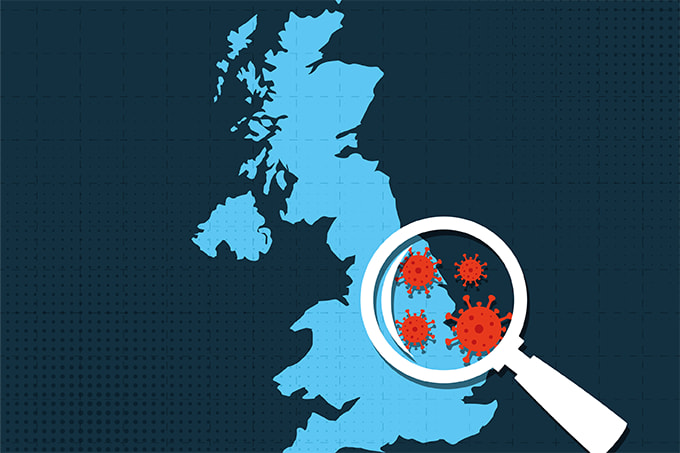
These past two years have truly shown us the value of community. When the pandemic first hit, pathologists and medical laboratory scientists around the world came together to fight the outbreak of the virus. They discussed best practices for getting people tested, shared resources and equipment with those in desperate need, collaborated on public policy strategies, and led the charge to get the public vaccinated for the health and safety of people everywhere.
At the same time, healthcare systems were battling healthcare inequities put under a harsh spotlight by the virus. Non-white populations have been disproportionately affected by the pandemic, experiencing higher rates of severe disease and death. COVID-19 exposed a deep need to correct these disparities – and a need for our laboratory community to step forward and be the conduit that levels the playing field so that patients, no matter who they are or where they live, have equal access to high-quality care.
If you think that the laboratory can’t be the bridge between healthcare and patients, or isn’t in the ideal position to lead such change – why not? What is stopping us? Our community of pathologists and medical laboratory scientists is vast. We are the caregivers walking with patients from the beginning to the end of their care journey. We are the first to know their diagnoses and to understand the journey that lies ahead for them. We are the ones who can heal these communities – and that healing must start with the laboratory and flow through the rest of the healthcare continuum. If not us, then who? It is imperative that pathologists and medical laboratory scientists guide the corrections needed to reverse these inequities for all patients.
In April 2021, I had the pleasure of sitting down with Jasmine Marcelin, Assistant Professor in the Department of Internal Medicine and Associate Medical Director for the Antimicrobial Stewardship Program at the University of Nebraska Medical Center. She was part of our docuseries, “The Scientists Who Saved the World: The Fight Against COVID-19,” and shared insight into the chasms of inequities underrepresented populations are experiencing, as well as what must happen to change course. To start, we must ensure that we are connecting with the communities we serve and meeting them where they are. Marcelin noted that mobile testing and vaccine units certainly play a role – but that the key to strategizing care lies in understanding how a community leverages its resources.
“Healthcare in general has not done a great job of truly engaging with the community to ascertain what resources are already there and how we can leverage those,” Marcelin said in the interview. Community centers, for example, are already participating in various activities – could they also become local testing center triage when needed? Churches and other local health clinics could also act as resources. There is no blueprint, Marcelin said, and it doesn’t need to be done in the same way in every city; things can be adapted to the communities being served.
Because the laboratory is the epicenter of testing, it makes sense that we lead community outreach programs to provide underrepresented groups with the care they need. Collaboration is foundational to the laboratory and we know from experience – both recent and past – that when we act together, we are StrongerTogether. Now is the time to use our combined knowledge and expertise to help reach those who have not historically had access to the care they need.




